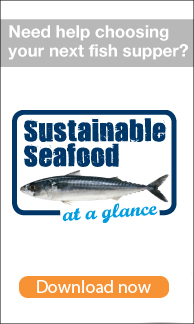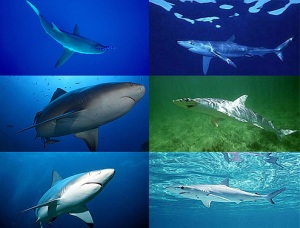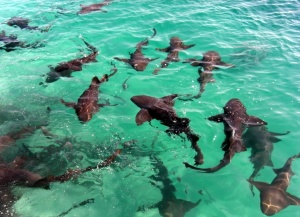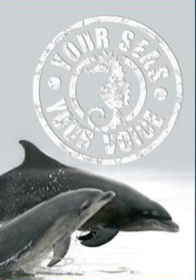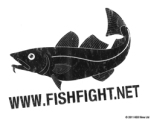Did you know? Only three shark species are protected under CITES regulations (great white, whale shark and basking shark). Yet many shark species such as scalloped hammerhead, porbeagle and spiny dogfish are on the brink of extinction!
In less than one year’s time, Government officials from all around the world will meet in Thailand to discuss the fate of the most threatened and heavily traded shark species. With 175 member countries the Convention on International Trade of Endangered Species (CITES) sets controls on the international trade and movement of animals and plants at risks of becoming extinct.
Many shark populations have declined dramatically over the past thirty years, some by as much as 99%. By supporting the Big Shark Shout Out campaign and signing the CITES petition you can give sharks a fighting chance and ensure the most vulnerable shark species get the trade protection they desperately need.

SHARK FINNING
The burgeoning and largely unregulated trade in shark fins represents one of the most serious threats to shark populations worldwide.
Shark finning (the cruel practice which involves slicing fins from sharks at sea and dumping their bodies overboard) is not only an Asian problem. Shark fin soup can be found in many restaurants across the world and many countries export shark fins to the Asian market.
According to some studies, every country with a coastline export fins to Hong Kong. Despite a shark finning ban implemented in 2003 in Europe for instance, EU countries (particularly Spain) continue to be the single largest supplier of shark fins to the Hong Kong market.

WHY SHARKS ARE IMPORTANT
Sharks play an important role in keeping the ocean healthy and in balance. They regulate the quantity and health of other species of fish and invertebrates. Sharks quite often prey on sick, diseased or old animals. This prevents the disease or sickness from spreading and creates habitat space for other animals. Oceans without sharks are oceans out of balance, which means trouble for everyone who depends on oceans for food, jobs and enjoyment. All of us really!
Support for shark protection is difficult to achieve because of the persistent irrational fear of sharks. A change in attitude, perception, media coverage, and improved conservation legislation and fishing policies are desperately needed. Public support for shark conservation is crucial to balance short-term interests and ensure that strong and enforceable shark conservation measures are implemented.
We can’t afford to ignore the fate of sharks because some of us are afraid of these animals or because this slaughter happens miles out at sea where no one sees it. The results of the loss of sharks will have effects beyond our imagination and beyond our current ability to understand.
Related articles
- EU agrees crack down on shark finning (mnn.com)
- Europe backs complete ban on removing sharks’ fins before throwing them back into the sea to die (dailymail.co.uk)
- The Tide is Turning for Sharks (myoceannews.wordpress.com)


